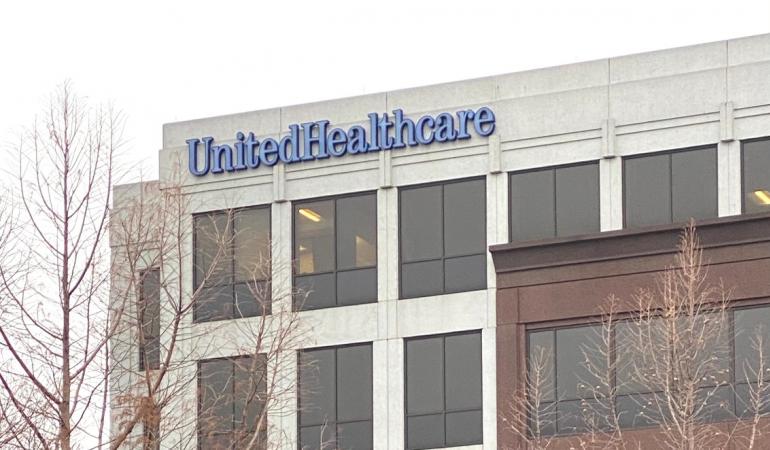India is at a pivotal demographic juncture, characterized by the dual forces of a burgeoning youth population and a steadily growing elderly segment. As the world’s largest cohort of young people transitions into a workforce within an increasingly digital economy, the country stands poised to harness this demographic advantage, unlocking sustained economic growth and social advancement. Simultaneously, however, India faces the reality of an ageing population, projected to reach 193 million—or 13 percent of the total population—by 2030.[1] These parallel trends underscore the urgent need for a health system that is strong, equitable, and responsive to the distinct needs of both younger and older citizens. In this context, Universal Health Coverage (UHC)[a] emerges as a critical foundation, enabling healthcare systems to serve a diverse population effectively, reduce disparities, and maximize the contributions of all age groups to the nation’s development.
India’s shift toward an ageing society brings not only challenges but also opportunities to harness a “silver dividend.” A healthier, more active elderly population can continue to contribute economically and socially—by extending their participation in the workforce, providing care, and offering valuable mentorship. Unlocking this potential calls for a reimagining of healthcare planning that emphasizes preventive care, leverages digital health innovations, strengthens long-term care, and ensures financial protection. While initiatives like Ayushman Bharat (2018) and the National Programme for Healthcare of the Elderly (NPHCE, 2011) lay important groundwork, significant gaps remain in areas such as geriatric care, mental health, and financial security. To create a robust and inclusive health system that draws strength from both its youth and its ageing population, India must pursue a proactive, future-oriented approach that addresses immediate healthcare needs while preparing for long-term demographic shifts.
At the state level, India exhibits significant differences in population age structures, as illustrated in Figure 1. This demographic transition brings challenges such as a growing old-age dependency ratio (see Figure 2) and a heavier healthcare burden. However, it also creates opportunities to harness a silver dividend—where a healthier, more engaged ageing population continues to contribute meaningfully to both society and the economy.
Building Health Systems for an Ageing India: Leveraging UHC for the Silver Dividend
As India advances toward its long-term vision under Viksit Bharat, supporting its ageing population and tapping into their potential will be crucial for fostering inclusive growth and economic resilience. To meet the needs of a growing elderly demographic, the health system must be equipped to uphold equity, sustainability, and promote healthier ageing. Health in later years is shaped by a complex interplay of economic, social, psychological, and physiological factors that impact overall well-being and quality of life, often heightening vulnerability and psychological distress.
Universal Health Coverage (UHC) plays a pivotal role in realising the silver dividend. By design, UHC guarantees that all individuals can obtain the health services they require, when and where they need them, without facing financial strain. Although India has taken steps to encourage healthier ageing, progress has been uneven, particularly in addressing critical issues such as mental health, social connectedness, opportunities for meaningful engagement, and fostering a market for senior-focused consumer products.























